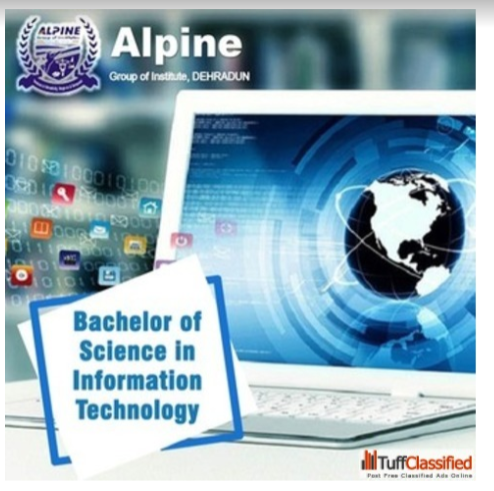- Home
- About Alpine
- Academics
-
Course Offered
-
Under Graduate
Post Graduate
Post Graduate
-
-
Facilities
- Placements
- Admissions
- Contact Us
- Apply Now
Call Us +0 (123) 456 78 90


